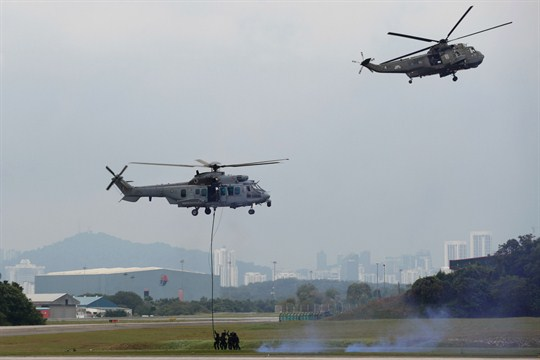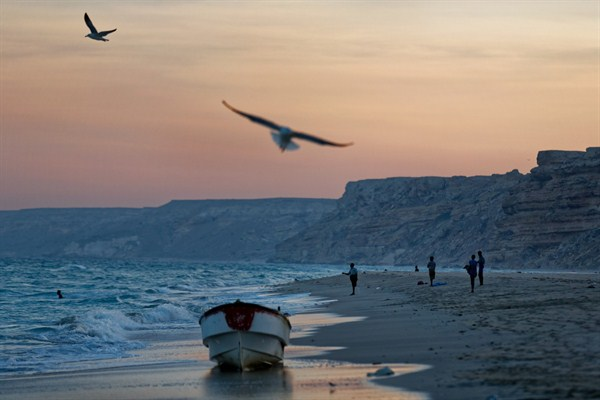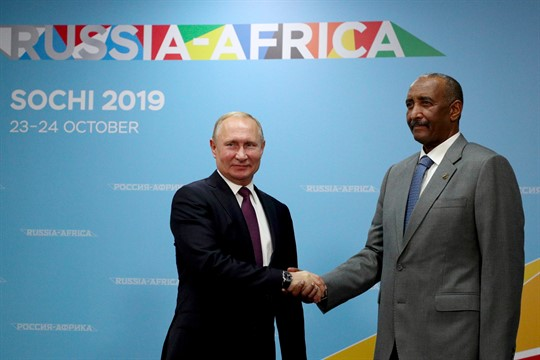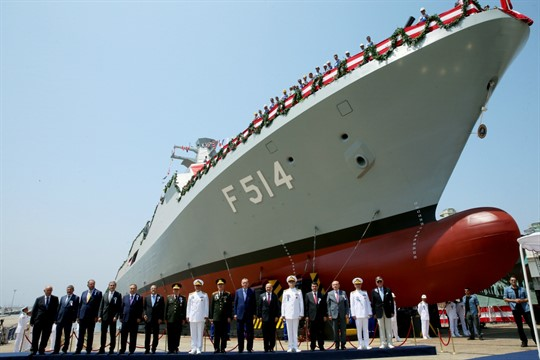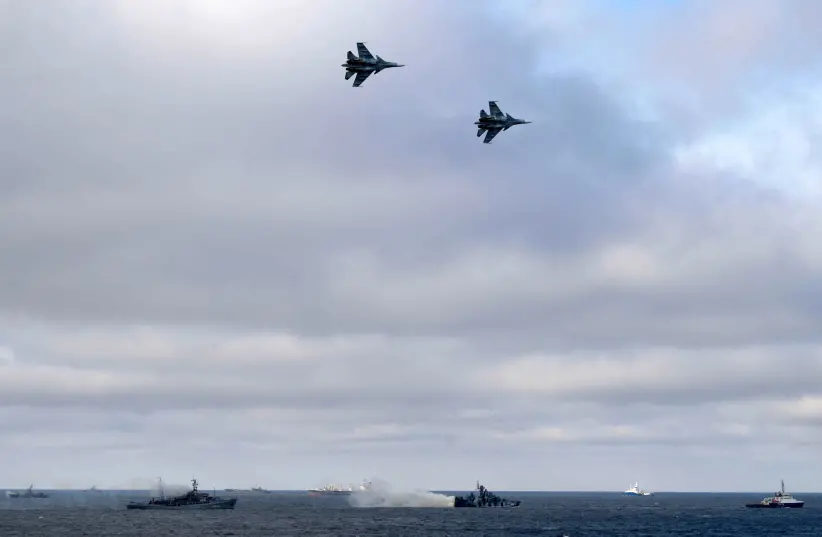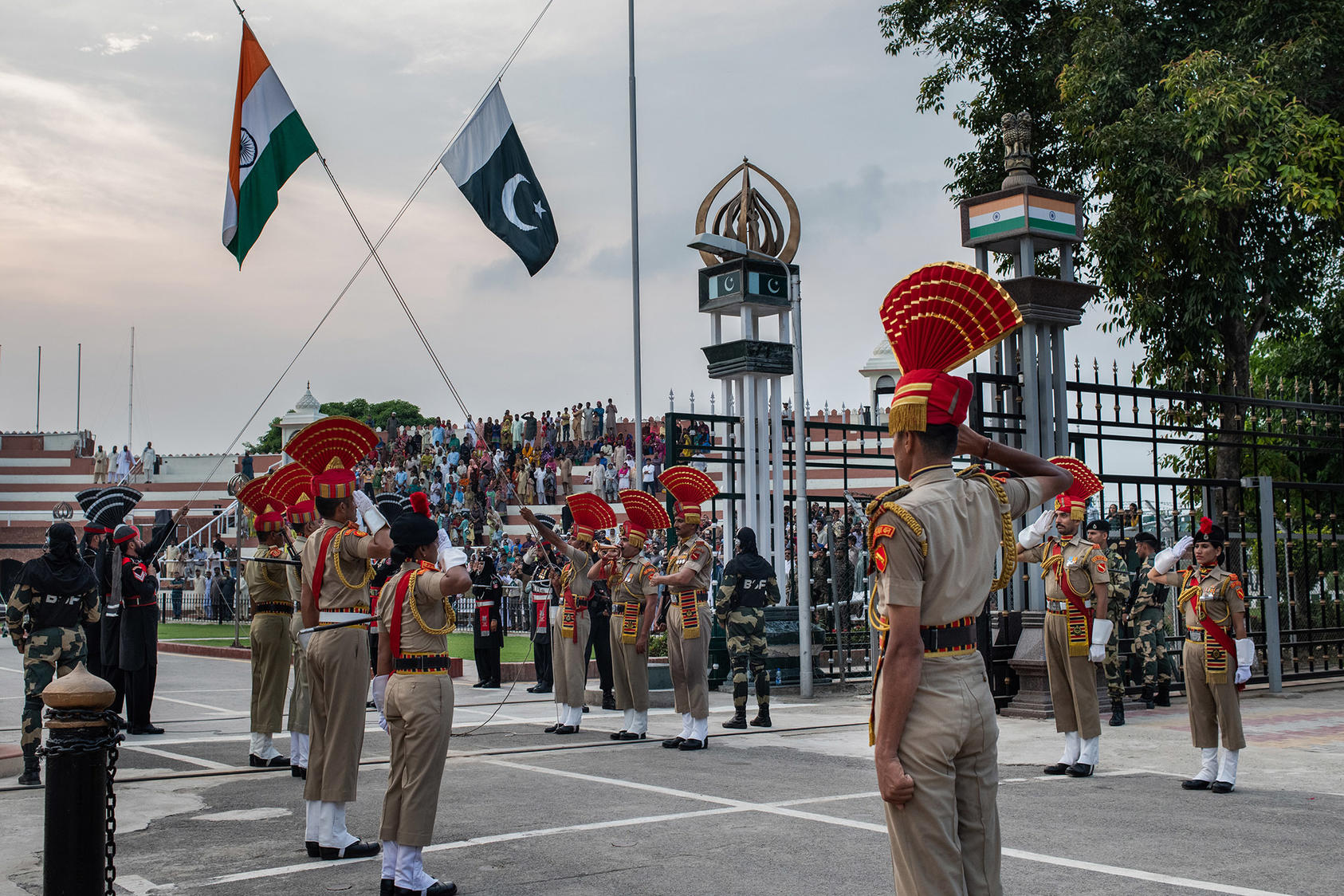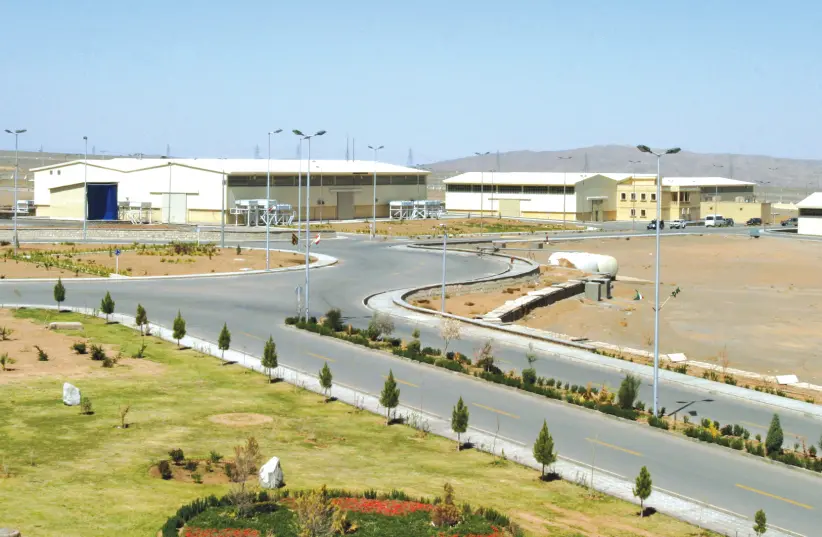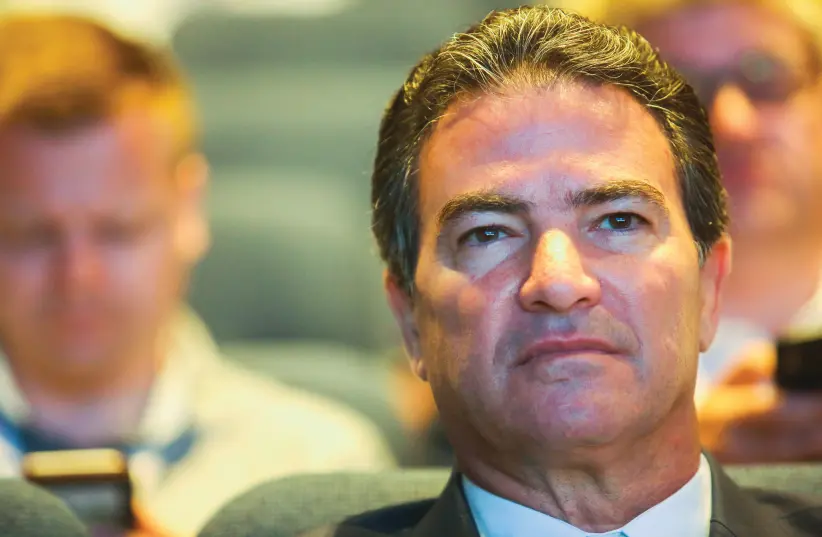Why Piracy Is a Growing Threat in West Africa’s Gulf of Guinea
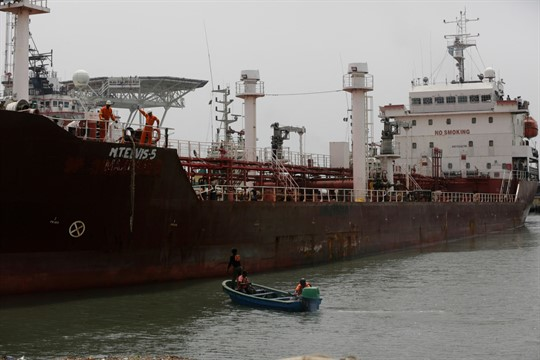
In early May, a high-speed boat pulled alongside the Rio Mitong, a Panama-flagged cargo vessel, just off the coast of Equatorial Guinea. Using ladders to board the ship, a group of assailants kidnapped two crew members, taking them back to the shore, where they subsequently held them for ransom. Another ship was reportedly attacked that same night, elsewhere in the Gulf of Guinea.
These attacks are just two among many recent incidents in this vast and strategically significant body of water, where armed robbery, piracy and kidnappings at sea have escalated in recent years. Though piracy overall has decreased globally, the Gulf of Guinea—which borders more than 3,700 miles of West African coast, between Guinea and Angola—now accounts for 90 percent of maritime kidnappings in the world, according to the International Maritime Bureau. The IMB sounded the alarm and called for international cooperation after tracking an “unprecedented rise” in kidnappings in the region in 2019, up 50 percent from the previous year.

